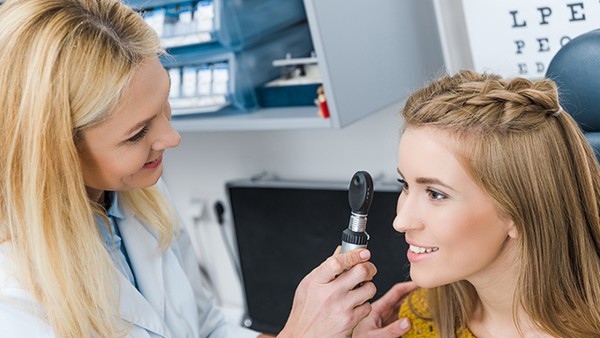7 Major Factors Leading to Menstrual Disorders

Menstrual disorders are any irregularities in the menstrual cycle, including changes in the timing, duration, or amount of bleeding. They can be caused by a variety of factors, including hormonal imbalances, lifestyle choices, and underlying medical conditions.
1. Hormonal Imbalances
The menstrual cycle is regulated by a complex interplay of hormones, including estrogen, progesterone, and luteinizing hormone (LH). An imbalance in any of these hormones can lead to menstrual irregularities. For example, too much estrogen can cause the lining of the uterus to become too thick, leading to heavy bleeding. Too little progesterone can cause the lining of the uterus to be shed prematurely, leading to spotting or irregular periods.
2. Lifestyle Choices
Certain lifestyle choices can also affect the menstrual cycle. These include:
Stress: Stress can trigger the release of hormones that can interfere with ovulation and the menstrual cycle.
Diet: A diet that is low in iron or certain vitamins can lead to anemia, which can cause irregular periods.
Exercise: Excessive exercise can suppress ovulation and lead to amenorrhea (the absence of periods).
Smoking: Smoking can damage the ovaries and lead to early menopause.
3. Underlying Medical Conditions
A variety of underlying medical conditions can also lead to menstrual disorders. These include:
Polycystic ovary syndrome (PCOS): PCOS is a hormonal disorder that can cause irregular periods, infertility, and other symptoms.
Thyroid disorders: Thyroid disorders can affect the production of hormones that regulate the menstrual cycle.
Uterine fibroids: Fibroids are non-cancerous growths in the uterus that can cause heavy bleeding and irregular periods.
Endometriosis: Endometriosis is a condition in which the tissue that lines the uterus grows outside of the uterus. This can cause pain, heavy bleeding, and irregular periods.
Pelvic inflammatory disease (PID): PID is an infection of the female reproductive organs that can cause irregular periods and other symptoms.
4. Medications
Certain medications can also affect the menstrual cycle. These include:
Hormonal contraceptives: Hormonal contraceptives, such as birth control pills, can suppress ovulation and lead to irregular periods.
Antidepressants: Some antidepressants can affect the levels of hormones that regulate the menstrual cycle.
Blood thinners: Blood thinners can increase bleeding during menstruation.
5. Pregnancy and Menopause
Pregnancy and menopause are two natural events that can lead to menstrual disorders. Pregnancy causes the menstrual cycle to stop until after the baby is born. Menopause is the natural end of the menstrual cycle, which typically occurs between the ages of 45 and 55.
6. Genetics
Some menstrual disorders are thought to be genetic. For example, women who have a family history of PCOS are more likely to develop the condition themselves.
7. Age
The menstrual cycle can change as women age. For example, periods may become more irregular in the years leading up to menopause.
When to See a Doctor
If you are experiencing any menstrual irregularities, it is important to see a doctor to rule out any underlying medical conditions. Your doctor can perform a physical exam, order blood tests, and perform other tests to determine the cause of your symptoms. Treatment for menstrual disorders will depend on the underlying cause.
The above is all the content that the editor wants to share with you. I sincerely hope that these contents can bring some help to your life and health, and I also wish that your life will be happier and happier.
Topic: #leading #factors #major










